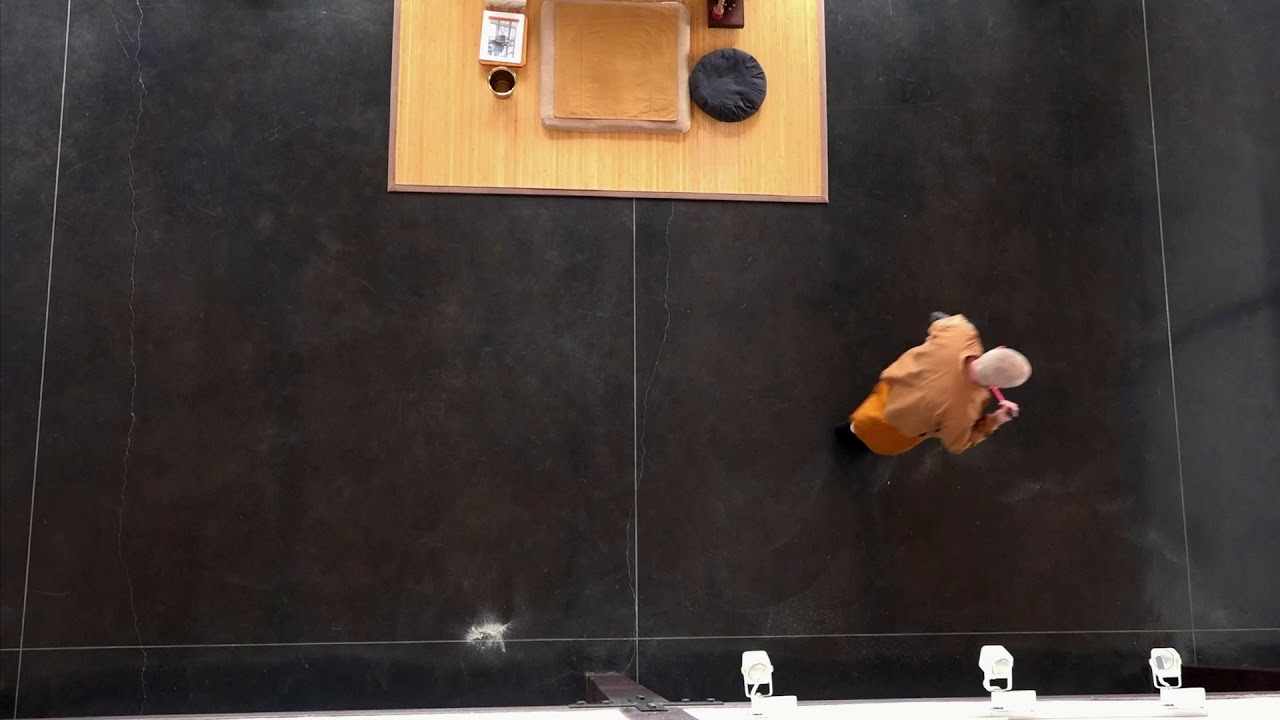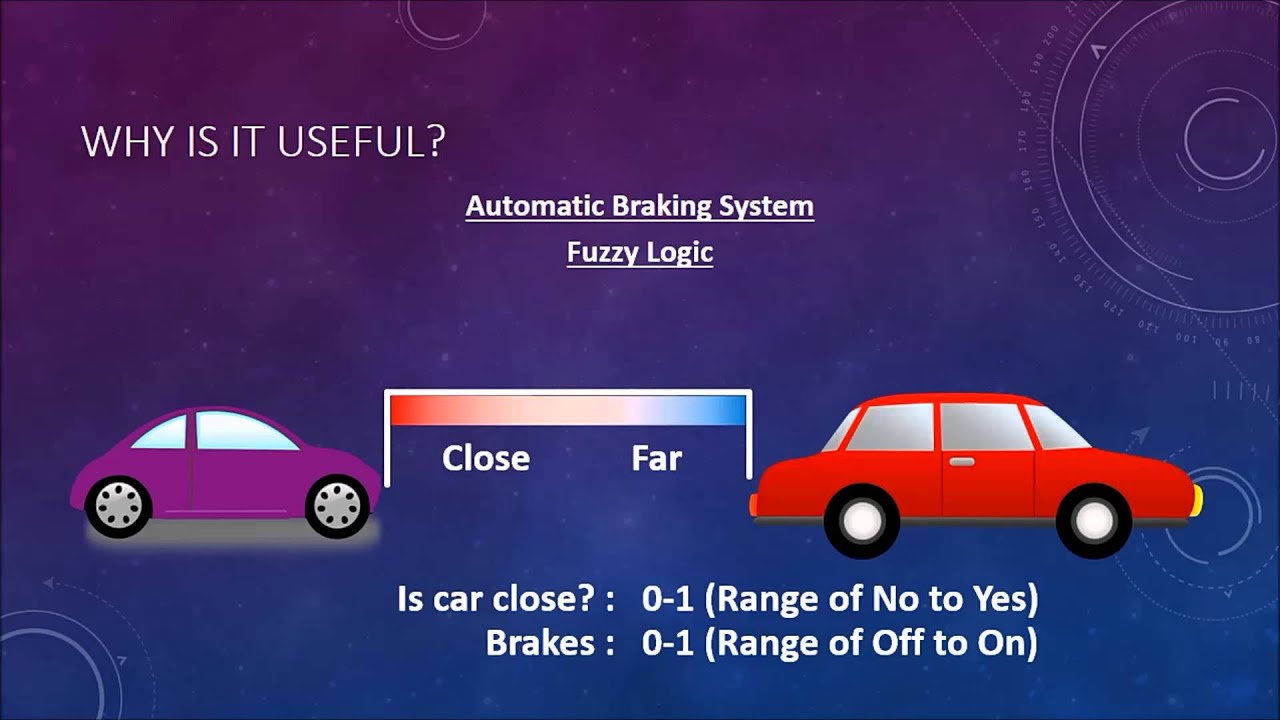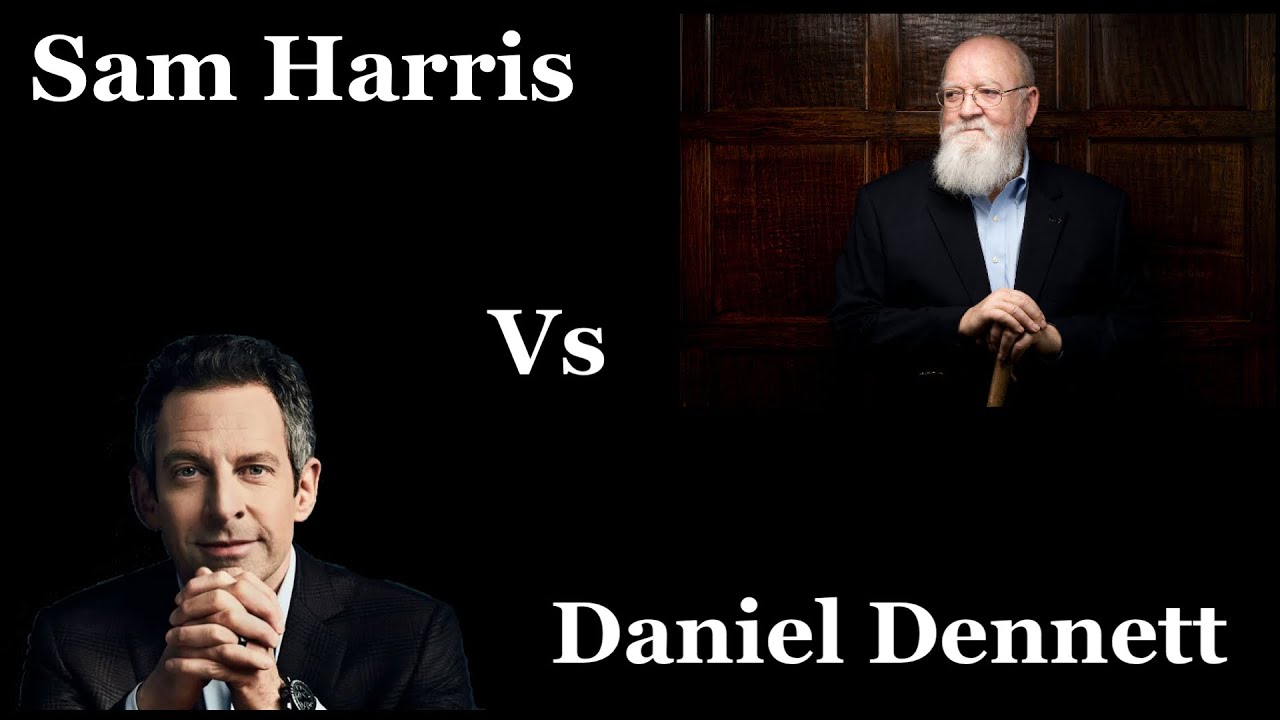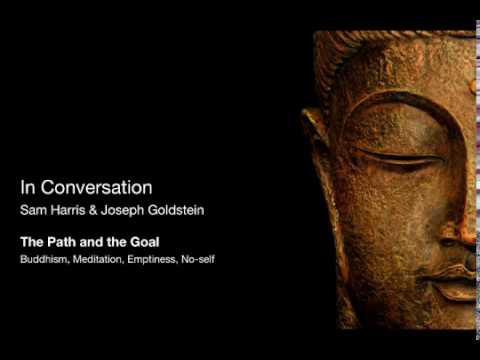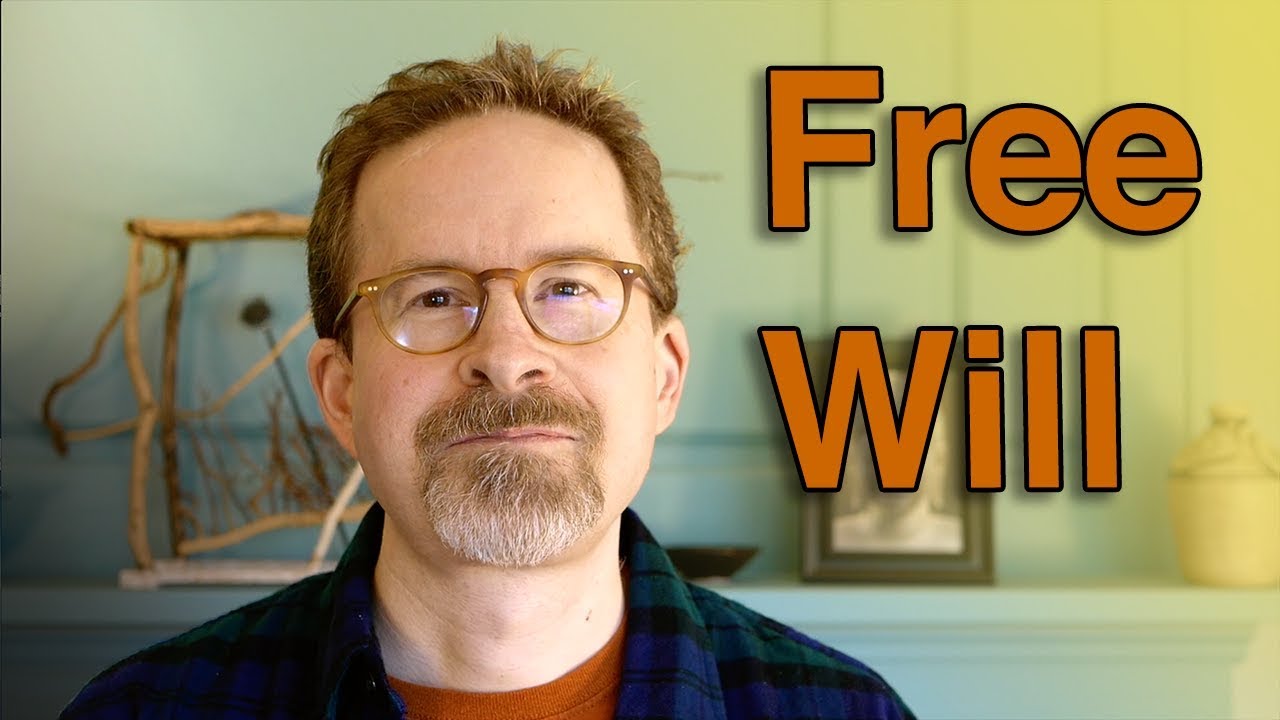I’ve been wondering about what the Buddha’s position on free will might be.
The idea of an agent behind the actions is incorrect, let alone a free agent. What about the will itself? It is conditioned, so libertarian free wil is wrong. On the other hand, the following sutta indicates that determinism is wrong as well:
Having approached the brahmans & contemplatives who hold that… ‘Whatever a person experiences… is all caused by what was done in the past,’ I said to them: ‘Is it true that you hold that… “Whatever a person experiences… is all caused by what was done in the past?”’ Thus asked by me, they admitted, ‘Yes.’ Then I said to them, ‘Then in that case, a person is a killer of living beings because of what was done in the past. A person is a thief… unchaste… a liar… a divisive speaker… a harsh speaker… an idle chatterer… greedy… malicious… a holder of wrong views because of what was done in the past.’ When one falls back on what was done in the past as being essential, monks, there is no desire, no effort [at the thought], ‘This should be done. This shouldn’t be done.’ When one can’t pin down as a truth or reality what should & shouldn’t be done, one dwells bewildered & unprotected. One cannot righteously refer to oneself as a contemplative. This was my first righteous refutation of those brahmans & contemplatives who hold to such teachings, such views.
AN 3.61
That is, the past doesn’t determine our actions. I’m puzzled about how our will can be conditioned at the same time that it’s not determined by the past.
Maybe the solution lies in the difference between conditionality and causality. Everything is conditioned, so something can’t exist without its conditions, but the existence of the conditions don’t always determine whether or not the effect exists. For example, water is necessary for a plant to grow, but the existence of water doesn’t always imply that there is a plant growing there. Another example is the own paticcasamuppada: ignorance is a condition for kamma, but the existence of ignorance doesn’t imply that there will be kammic formations, or else we would be forming kamma absolutely all the time, even during sleep.
To be honest, this doesn’t seem to be the solution, but it’s still the best I got. What are your thoughts on this?
